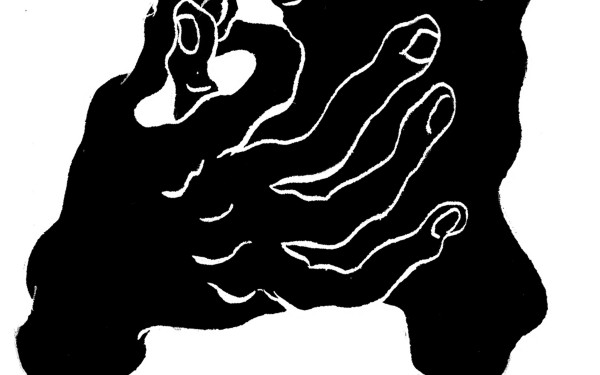Canceling Quebec’s Systemic Racism Inquiry is Caving to Political Pressure
Halting the Inquiry Reveals More About the Liberals Than Quebec Society
Controversy began the moment the Liberal government announced they would hold public consultations throughout Quebec to look into the issue of systemic racism.
Although, after losing some recent borough by-elections to the opposition Coalition Avenir Quebec, the Liberal government is reconsidering their inquiry.
The initial inquiry caused backlash a few months ago, especially from the opposition who said it would be like putting Quebec society on trial. The goal to look into the systemic discrimination and racism that is prevalent in Quebec society, especially in the employment, education, health care, and housing sectors.
I see no other way to get to the root of the problem.
Not only would public consultations give a voice to the voiceless, such as racial and visible minorities living in Quebec, but it would also be an opportune moment to inform the public and raise awareness on the pervasive issue of racism in Quebec today.
For the Liberal government to back down on their word simply because they believe it cost them by-elections is a sobering moment. To think a government body was willing to take steps forward and work on an issue as complex and significant as systemic racism meant a lot to minorities.
For racial and visible minorities, the first announcement marked the beginning of what was sure to be a long, worthwhile process that could potentially place them on a level playing field with the white majority. Obviously, it just might have been too good to be true.
Although their decision isn’t final, the Liberal government did confirm that they would review the format of the consultations that were meant to take place throughout the province. But even before their election losses during, changes had already been made—they announced that all formerly public consultations would be conducted behind closed doors.
That was a step backwards. By making the consultations private, minorities who have experienced discrimination and racism are being given a chance to talk but not a proper platform to address the issue at hand.
Therefore, though it would’ve given minorities a chance to have a voice, no one would’ve been around to hear. At least, not those who could benefit from hearing firsthand what it means to be a racial or visible minority in Quebec.
The benefits of these consultations for Quebec society, if handled properly, could be twofold. First, they could serve as a catalyst to improve the lives of minorities by enforcing the idea of a level playing field in various sectors such as employment or education, something that should already exist.
Second, hearing minorities’ real life experiences could open the eyes of everyone else who still believes Quebec is a tolerant and inclusive province, or at least begin discussion on the issue.
So, if the Liberal government decides to change the basis of how this inquiry will be conducted, or if they decide to walk away from this completely, it will only reinforce the popular public opinion of how politicians are only looking out for themselves and the power structures in place that support them.
They have already alerted the public that they scare easily and are willing to back down when public interest doesn’t line up with their personal interests. How they decide to proceed from here on will reveal the extent of the problem of the perpetuation of systemic racism in Quebec society. One thing’s for sure: it runs deep.

_900_1349_90.jpg)
_600_832_s.png)



